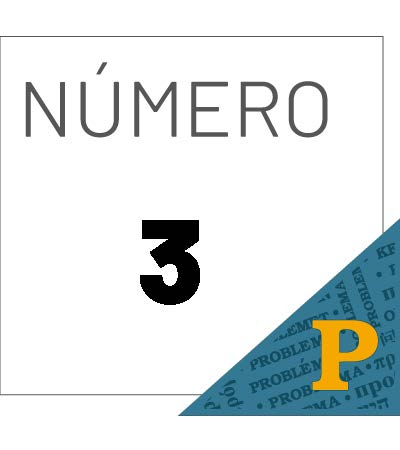Waluchow on Moral Opinions and Moral Commitments
Wil Waluchow al desarrollar su argumento a favor de una concepción propia del common law para las constituciones y para el judicial review, sostiene que existe una distinción de principio entre las “opiniones” de la comunidad o sus “simples preferencias morales” y los compromisos morales “verdaderos” o “auténticos”. Además, sostiene que para los jueces es posible identificar los compromisos morales auténticos de una comunidad y aplicar los mismos en la decisión de casos concretos. Si tiene razón, entonces los jueces al decidir casos concretos sobre el alcance de los derechos constitucionales no canalizan sus propios estándares mora- les subjetivos a las decisiones. En este estudio analizo el uso que hace Waluchow de la distinción entre opiniones morales y compromisos morales. Argumento en primer término que la distinción presupone una metodología descriptiva de la interpretación constitucional, y sugiero que no obstante lo anterior, la metodología de interpretación de los derechos constitucionales es constructiva e implica por parte de los intérpretes y jueces un razonamiento “evaluativo y de justificación” sustantivo. Posteriormente argumento que la distinción entre opiniones morales y compromisos morales no tiene el alcance que pretende y requiere el trabajo de Waluchow y si se modifica, entonces se convierte en una distinción sustantiva. Una concepción sustantiva de autenticidad le genera un problema a Waluchow porque debilita su explicación puramente procedi- mental de un auto-gobierno democrático.
Abstract:
In the course of his argument for a common law conception of Constitu- tional Bills of Rights and judicial review, Wil Waluchow claims that there is a principled distinction to be drawn between a community’s ‘opinions’ or ‘mere moral preferences’ and its ‘true’ or ‘authentic’ moral commitments. Moreover, he argues that it is possible for judges to identify a community’s authentic moral commitments and apply them to decide particular cases. If he is right, it is not the case that judges, in making a decision about the application and scope of constitutional rights, are inevitably importing their own subjective moral standards into the decision. I analyze Waluchow’s use of the moral opinions -moral commitments distinction. I argue first that the distinction presupposes a descriptive methodology of constitutional interpretation. I suggest however, that the methodology of interpretation in Bills of Rights cases is constructive and involves substantive, ‘evaluative and justificatory’ reasoning by interpreters and judges. I then argue that the moral opinions-moral commitments distinction either cannot do the work that Waluchow’s argument requires, or, if it is modified to do the work, it becomes a substantive distinction. A substantive conception of authenticity creates a problem for Waluchow because it undermines his purely procedural account of democratic self-governance.
Detalles del artículo
Uso de licencias Creative Commons (CC)
Todos los textos publicados por Problema. Anuario de Filosofía y Teoría del Derecho sin excepción, se distribuyen amparados con la licencia CC BY-NC 4.0 Internacional, que permite a terceros utilizar lo publicado, siempre que mencionen la autoría del trabajo y la primera publicación en esta revista. No se permite utilizar el material con fines comerciales.
Derechos de autoras o autores
De acuerdo con la legislación vigente de derechos de autor Problema. Anuario de Filosofía y Teoría del Derecho reconoce y respeta el derecho moral de las autoras o autores, así como la titularidad del derecho patrimonial, el cual será transferido —de forma no exclusiva— a Problema para permitir su difusión legal en acceso abierto.
Autoras o autores pueden realizar otros acuerdos contractuales independientes y adicionales para la distribución no exclusiva de la versión del artículo publicado en Problema. Anuario de Filosofía y Teoría del Derecho (por ejemplo, incluirlo en un repositorio institucional o darlo a conocer en otros medios en papel o electrónicos), siempre que se indique clara y explícitamente que el trabajo se publicó por primera vez en Problema.
Para todo lo anterior, deben remitir la carta de transmisión de derechos patrimoniales de la primera publicación, debidamente requisitada y firmada por las autoras o autores. Este formato debe ser remitido en PDF a través de la plataforma OJS.
Derechos de lectoras o lectores
Con base en los principios de acceso abierto las lectoras o lectores de la revista tienen derecho a la libre lectura, impresión y distribución de los contenidos de Problema por cualquier medio, de manera inmediata a la publicación en línea de los contenidos. El único requisito para esto es que siempre se indique clara y explícitamente que el trabajo se publicó por primera vez en Problema. Anuario de Filosofía y Teoría del Derecho y se cite de manera correcta la fuente incluyendo el DOI correspondiente.




























